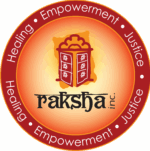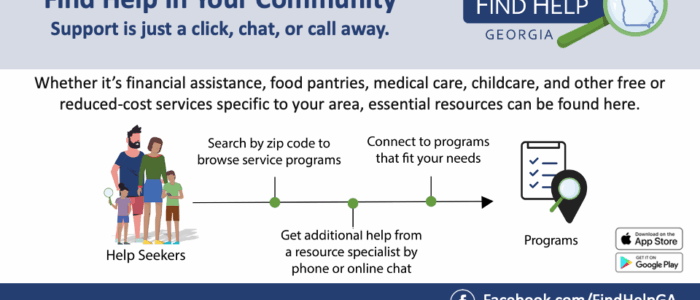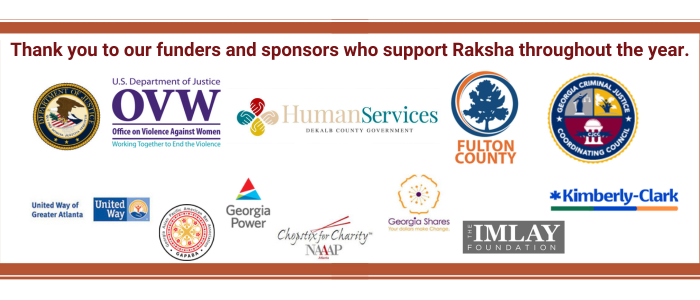Who We Are
Raksha, meaning protection, is a local GA non profit serving the South Asian American community since 1995. Raksha’s mission is to promote a stronger and healthier South Asian American community through confidential support services, education, and advocacy.
What We Do
Raksha is dedicated to healing, empowerment, and justice for South Asian American survivors of violence. Through support, education, and advocacy, we uplift the community while ensuring survivors receive the care and justice they deserve.
Why We Do It
Raksha works to ensure South Asian American survivors have equal access to their legal rights, services, safety, and their well being. Raksha’s staff and volunteers along with its Board members strongly believe in upholding its values.
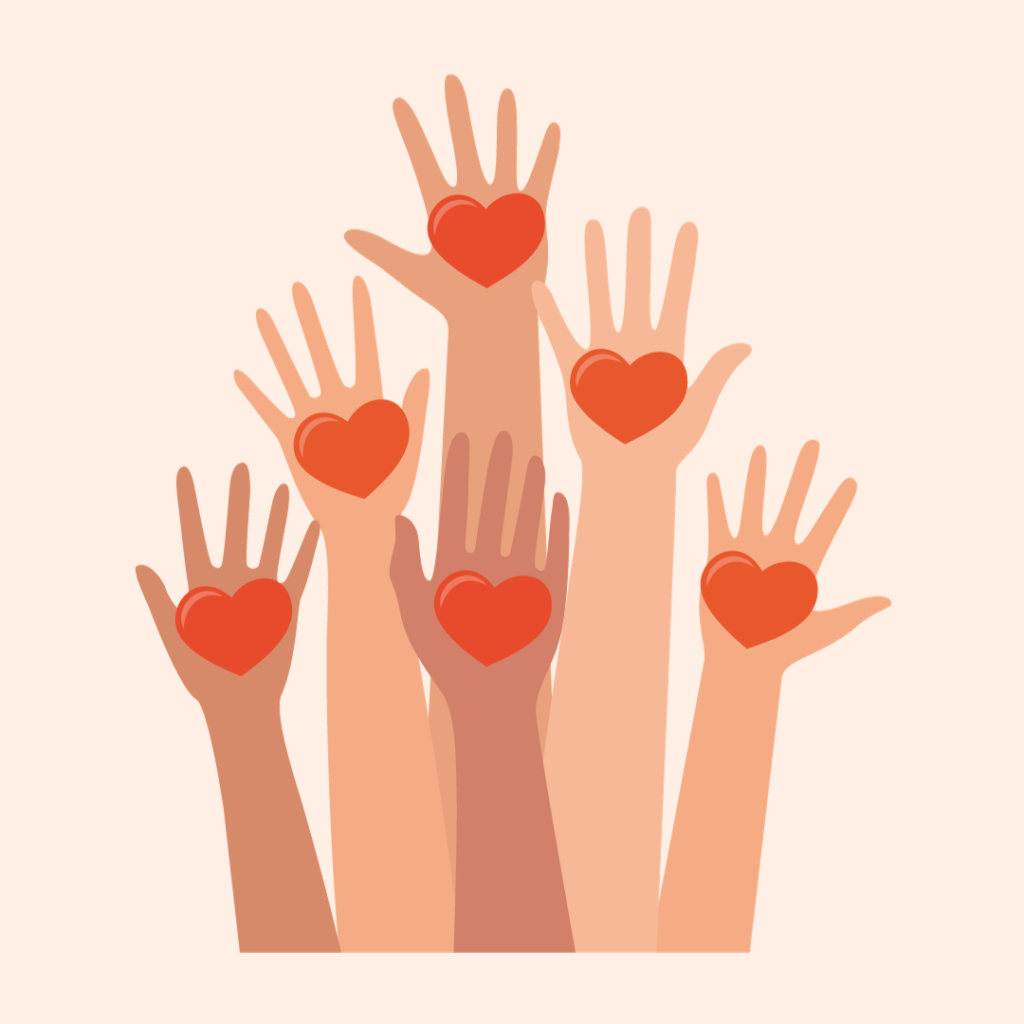
Get Help
We provide a secure and accepting environment for individuals to communicate with our trained staff in English as well as in several different South Asian languages
हिंदी, বাংলা, اردو, தமிழ், తెలుగు, ಕನ್ನಡ, ತುಳು, ಕೊಂಕಣ
Call us at 404-876-0670
M-F 9am-5pm EST
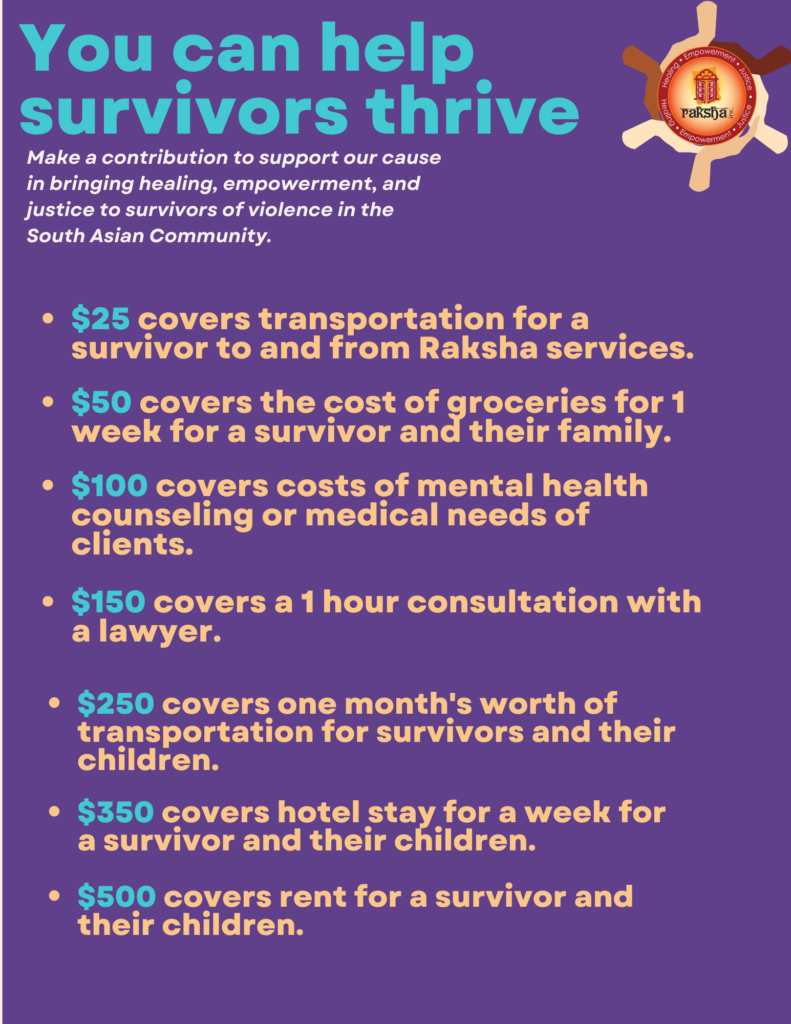
You can make an Impact
Your invaluable contribution not only saves lives but also empowers survivors to access the vital support they need in order to shape the future they envision for themselves. Join us in our mission to bring healing, empowerment, and justice to survivors of violence within the South Asian American Community.
